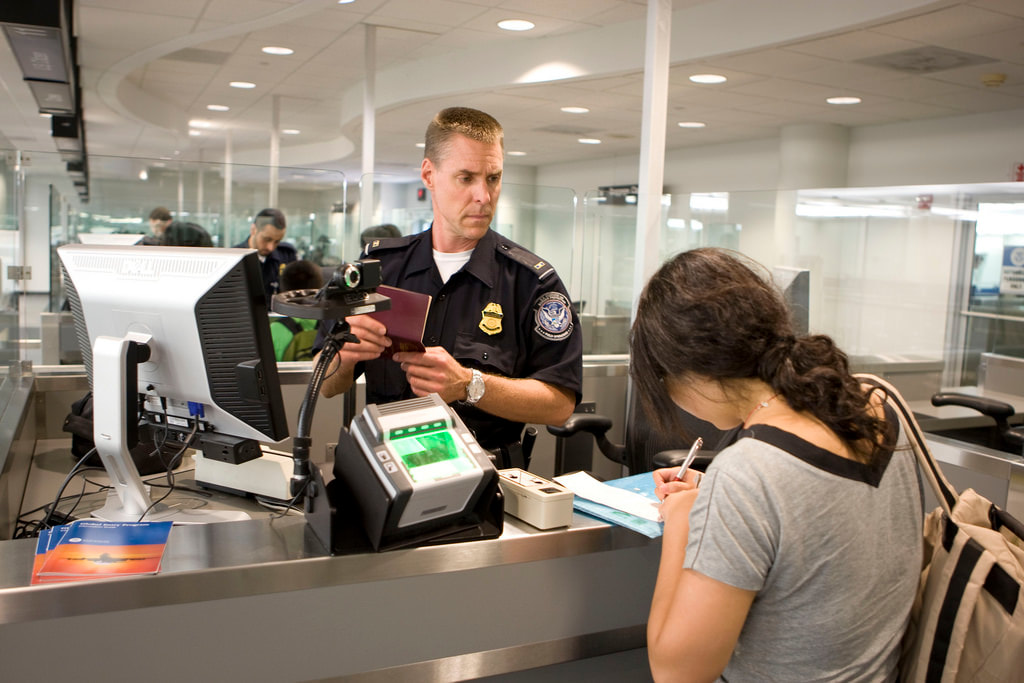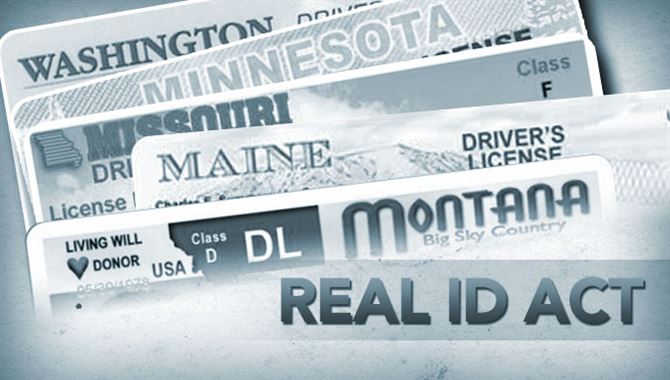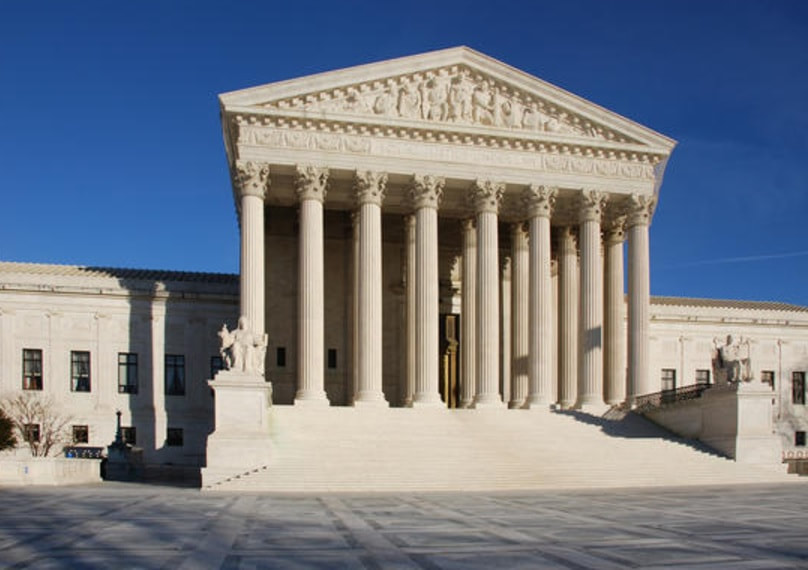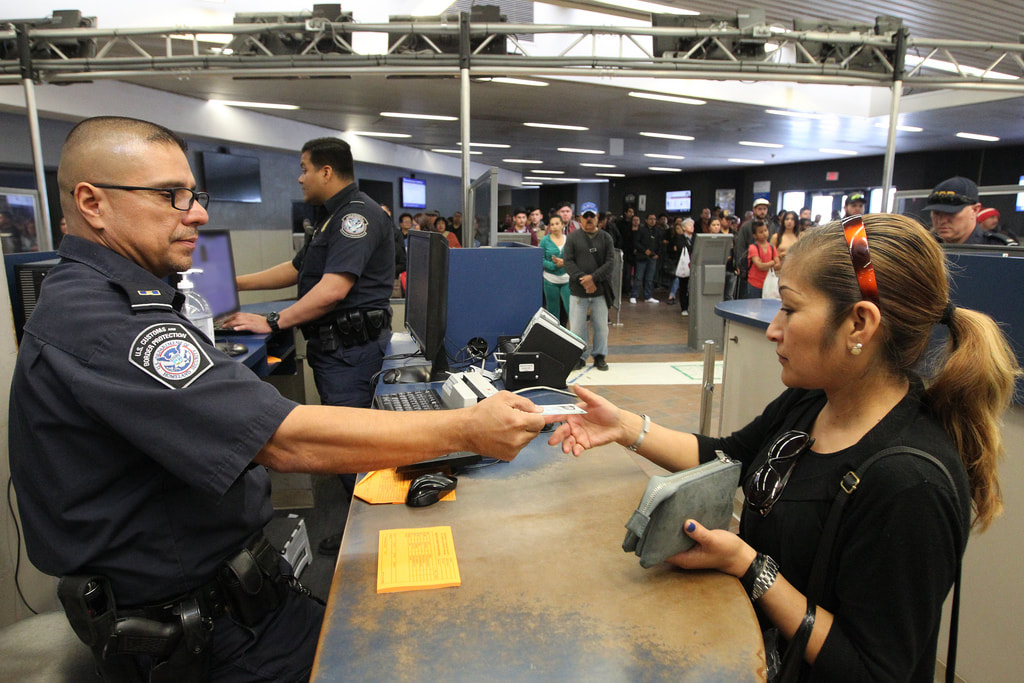|
Studying in the USA is a dream come true for many students from around the world, including those from Muslim-majority countries. Navigating the complex process of obtaining a student visa can be challenging, especially for those who are not familiar with the American legal system. In this guide, we will provide an overview of the student visa application process for Muslim students and highlight some important considerations to keep in mind.
2 Comments
The TN visa is a non-immigrant visa that allows Canadian and Mexican citizens to work in the United States in certain professions. The TN visa is an important option for many Canadian-Iranians seeking to work in the United States, providing a streamlined and relatively straightforward path to employment. In this blog post, we will provide an overview of the TN visa, its eligibility requirements, the application process, and the benefits and potential issues of the TN visa process for Canadian-Iranians.
(**UPDATE: November 13, 2020) Mr. Joseph R. Biden has been elected as the President of the United States. He has promised to stop the Muslim ban/travel ban when he officially becomes the President in January 2021. Mr. Joe Biden has promised to cancel the ban on the first day he is in office. This is great news for so many families that have been separated because of this unjust immigration policy. However, it is still important to be vigilant and realistic that these changes may take time. First, Mr. Biden might not cancel the policy right away. Second, there might be lawsuits challenging the policy change causing the travel ban to continue and be in effect for several more months, if not longer. Third, it might take time for the Department of State and embassies to revise their practice and implement any new policies adopted by the Biden administration. Therefore, if you are from Iran and/or your family member is affected by the travel ban/Muslim ban, it is important to know your rights and options in these challenging times. You can read our article below regarding travel ban waiver options, administrative processing, and strategies for following up regarding your case if it has been severely delayed. As always, please do not hesitate to reach out. We are happy to help any way we can.
Immigration Restrictions on International Students During COVID-19: Everything You Need to Know7/7/2020 On July 6, 2020, the Student and Exchange Visitor Program (SEVP) announced that it will no longer provide exemptions to international students to take online classes during the fall 2020 semester due to the Coronavirus (COVID) pandemic. Here is all you need to know about the new rule and how it might affect you.
When coming back to the United States from a trip abroad, everyone has to pass through passport control. For green card holders, this is can be a smooth process. However, sometimes green card holders are asked more questions and are required to go through a second screening process. If this happens to you or your family member, it is important that you know your rights.
Domestic travel usually meant leaving the passport at home, but starting on January 22, 2018, residents from the following six states will be required to use their passports as identification at airport security.
On September 24, 2017, President Trump issued a new travel ban…again. The newest travel ban is a “presidential proclamation” instead of an “executive order.” In practical terms, the title does not make a difference – it is still a travel ban that stops immigration from several Muslim-majority countries, with a few additional countries added. It is important to note that there is one particularly concerning detail in the new ban.
President Trump issued a Muslim Travel Ban earlier in the year prohibiting travel of foreign nationals from six Muslim-majority countries: Syria, Iran, Libya, Somalia, Sudan, and Yemen. However, the Muslim Travel Ban was blocked by courts in various states. On Monday, June 26, 2017, the United States Supreme Court agreed to hear the case on the Muslim Travel Ban to resolve the issue once and for all. The Supreme Court will hear oral arguments in October 2017. Until a final decision is made, the Supreme Court has allowed a limited version of the Muslim Travel Ban to go back into effect.
Border control agents at the airport have great leeway on what they can search from persons to belongings. The 4th Amendment of the Constitution protects against unreasonable searches. However, searches at the border fall under a special exception that allows border agents to have a greater ability to search you and your belongings.
In the age of electronic devices that store nearly our entire lives, the issue of how far the border search exception can reach into our digital world has not been fully settled. Thus, there is no uniform implementation and your experience can vary based on the airport and the border control agent. However, there are some general rules, precautions, and tips that you should know if you ever encounter this situation. |
PostsLatest posts and news from our top immigration lawyers Archives
June 2024
Categories
All
|
- Home
- 🗽TELL US ABOUT YOUR CASE
- About Us
- فارسی
- Book Online
- Reviews
-
Services
-
Visas
>
- Fiance (K-1)
- Extraordinary Ability (O)
- NAFTA Professionals (TN)
- Treaty Traders (E-1 Visa)
- Treaty Investors (E-2)
- Professional (H-1B)
- Visitors (B)
- Student (F-1)
- Intercompany Transfers (L-1)
- Religious Workers (R)
- International Organizations (G)
- Australian Professionals (E-3)
- Exchange Visitors (J)
- Cultural Exchange (Q)
- Diplomats (A)
- Trainees or Special Education Exchange Visitor (H-3)
- Journalists (I)
- Green Cards >
- Investors >
- Citizenship
- Employers >
- Mandamus Lawsuits for USCIS Delays ⚖️
-
Visas
>
- Blog
Trust in Us with Your Immigration Success! |
|
|
Immigration lawyer Najmeh Mahmoudjafari, Esq. (ImmigraTrust Law) represents immigration law clients nationwide (all 50 States), globally and also in and around Orange County, including: Costa Mesa | Corona del Mar | Cypress | Fountain Valley | Garden Grove | Huntington Beach | Irvine | Los Alamitos | Los Angeles | Mission Viejo | Newport Beach | Orange | San Diego | San Francisco | Santa Ana | Stanton | Tustin | Westminster
Disclaimer
The information provided on ImmigraTrust's website is for general informational purposes only and does not constitute legal advice. Every legal situation is unique; for specific advice tailored to your circumstances, please consult with a qualified attorney. Contacting ImmigraTrust Law through this website does not establish an attorney-client relationship. Please do not send any confidential information until such a relationship has been established in writing. |
©2024 by ImmigraTrust Law.











